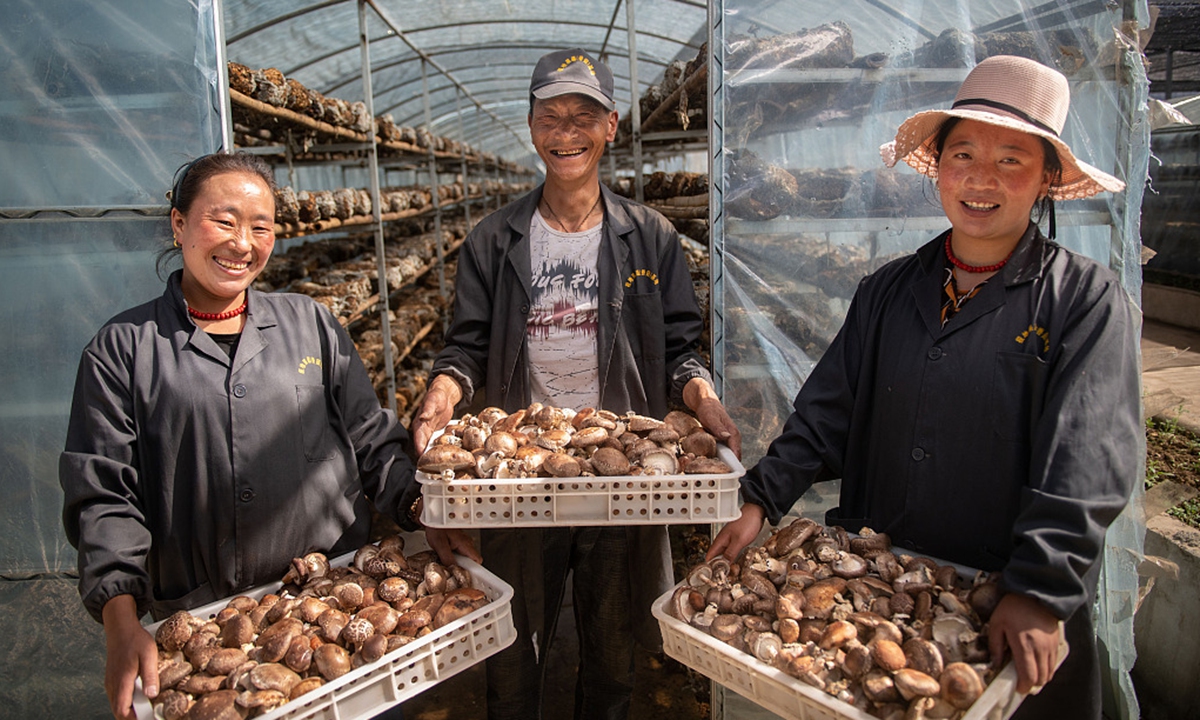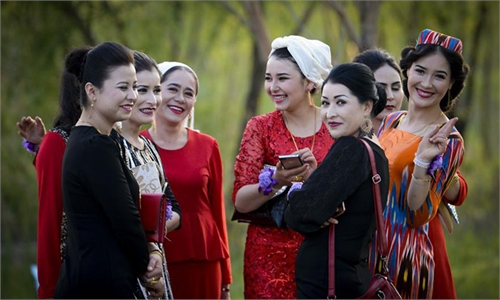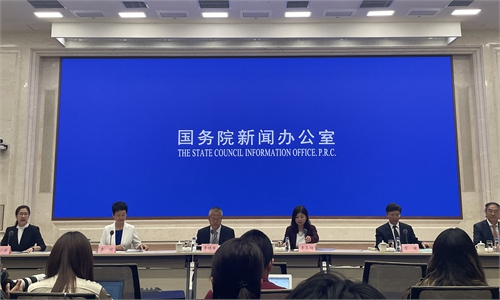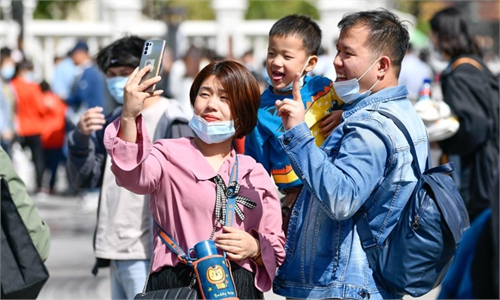
poverty alleviation Photo:VCG
Starting with the Carter administration (1977-81), the US has made human rights a center piece of its foreign policy. Jimmy Carter, seeking to improve the international image of the US in the aftermath of the Vietnam War, criticized human rights abuses and the lack of political freedoms in various US-allied dictatorships, including Chile, Nicaragua, Argentina and Brazil.Taking up residence of the White House in 1981, Ronald Reagan - a Cold Warrior par excellence - shifted the human rights spotlight away from the US's geostrategic allies and towards its enemies, particularly the Soviet Union. The USSR's refusal to implement a Western-style parliamentary system was painted as the quintessential abuse of human rights, and was used to rally support for the Reagan administration's 'full-court press' hybrid warfare against the socialist camp and the Global South. Ironically, this included propping up some of the world's most violent and repressive regimes, including in apartheid South Africa.
Since then, the conversation on human rights - at least in the West - has been whittled down to a discussion on a specific set of individual political rights. This narrative is framed such that the leading capitalist countries appear as the poster children of human rights; conversely, countries with alternative political models are pariahs.
From a standpoint of international law, however, human rights is a much broader topic. The Universal Declaration of Human Rights, adopted by the UN General Assembly in 1948, speaks of several different branches of human rights, including the right to live in dignity, freedom of thought, freedom of religion, freedom from discrimination; the right to food security and housing security; to work, to education and healthcare.
To many people, particularly in the developing world, socioeconomic rights are foundational; they provide an indispensable basis for other rights.
The definition of human rights was expanded in 1986 at the UN General Assembly to include the right to development: "The right to development is an inalienable human right by virtue of which every human person and all peoples are entitled to participate in, contribute to, and enjoy economic, social, cultural and political development, in which all human rights and fundamental freedoms can be fully realized." The right to development includes "the full realization of the right of peoples to self-determination" and recognizes that "states have the primary responsibility for the creation of national and international conditions favorable to the realization of the right to development."
China provides a valuable example. China in 1949 was one of the poorest countries in the world. Its human rights situation was disastrous: Millions of people routinely died in famines; the majority of its people were undernourished and lacked access to healthcare and education. Nor did they have even basic political and democratic rights.
The principal reason for this parlous state of affairs is that, for a hundred years, China had been denied the right to sovereign development. Foreign powers, starting with Britain in 1840, had actively imposed underdevelopment on China. These foreign powers - most notably Britain, Japan, the US, Russia and France - were intent on profiting from China, and had no interest whatsoever in the human rights of the Chinese people.
To achieve all this in a huge developing country of 1.4 billion people clearly represents an enormous step forward in the human rights of the Chinese people. This progress was predicated on the Chinese people exercising their right to sovereign development; on ending imperialist domination.
The hollowness of the West's focus on human rights is amply demonstrated by its selective application. In reality, the whole human rights narrative in its current form is a type of political theatre designed to win public support for a foreign policy based on cold calculation of geostrategic and economic advantage.
In other words, the imperialist countries have developed an elaborate and sophisticated narrative around human rights which they leverage precisely to deny peoples their human rights.
Perhaps the most startling irony is that the major capitalist countries are themselves failing in terms of providing basic rights for their people. In the US for example, poverty levels are rising. Millions of people don't know where the next meal is coming from; millions have no hope of finding work; over half a million people are homeless.
In the US and Britain, the number of COVID-19 deaths per million population so far is around 1,900. In China it is around three. If China had followed the Anglo-American strategy for managing the pandemic, it could be expected to have suffered a death toll upwards of 2.5 million. In fact, fewer than 5,000 people in China have died of COVID-19. Is the right to life not a human right? And should we not say that China has done significantly better at protecting that right?
Once countries are allowed to develop in peace, freely, according to their people's specific situation and needs, choosing a development model that suits them, their human rights prosper. As such, the fight for global human rights is inextricably bound up with the struggle against imperialism.
The author is a British author and independent political commentator. opinion@globaltimes.com.cn



